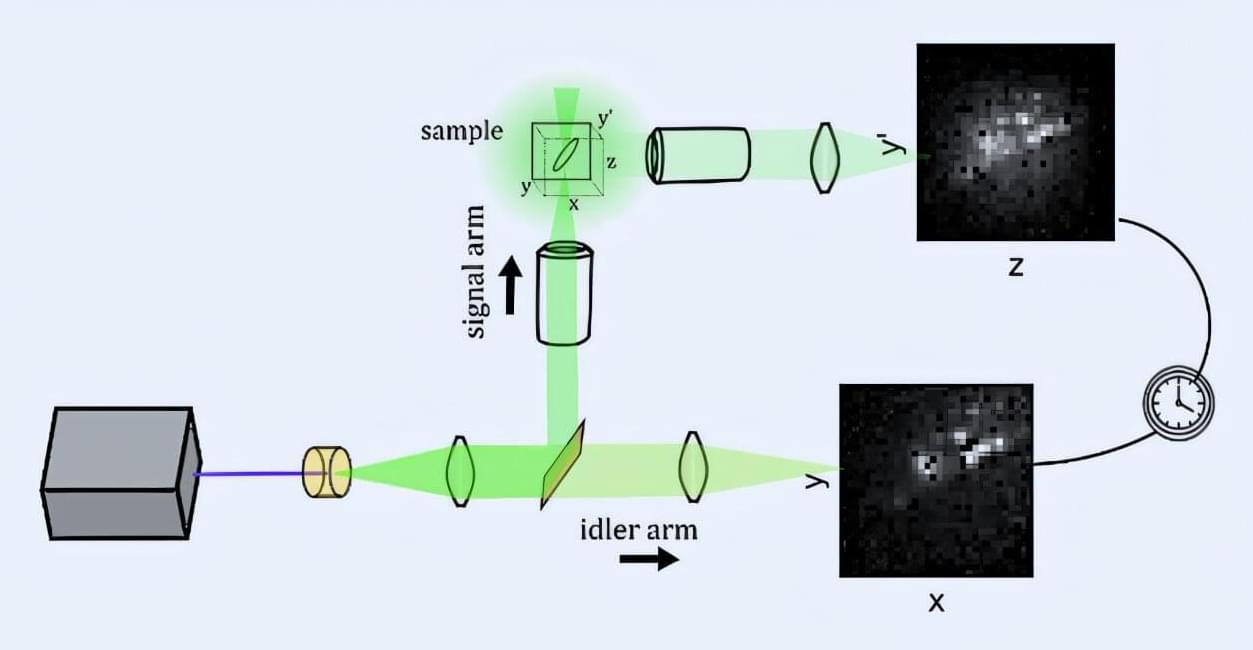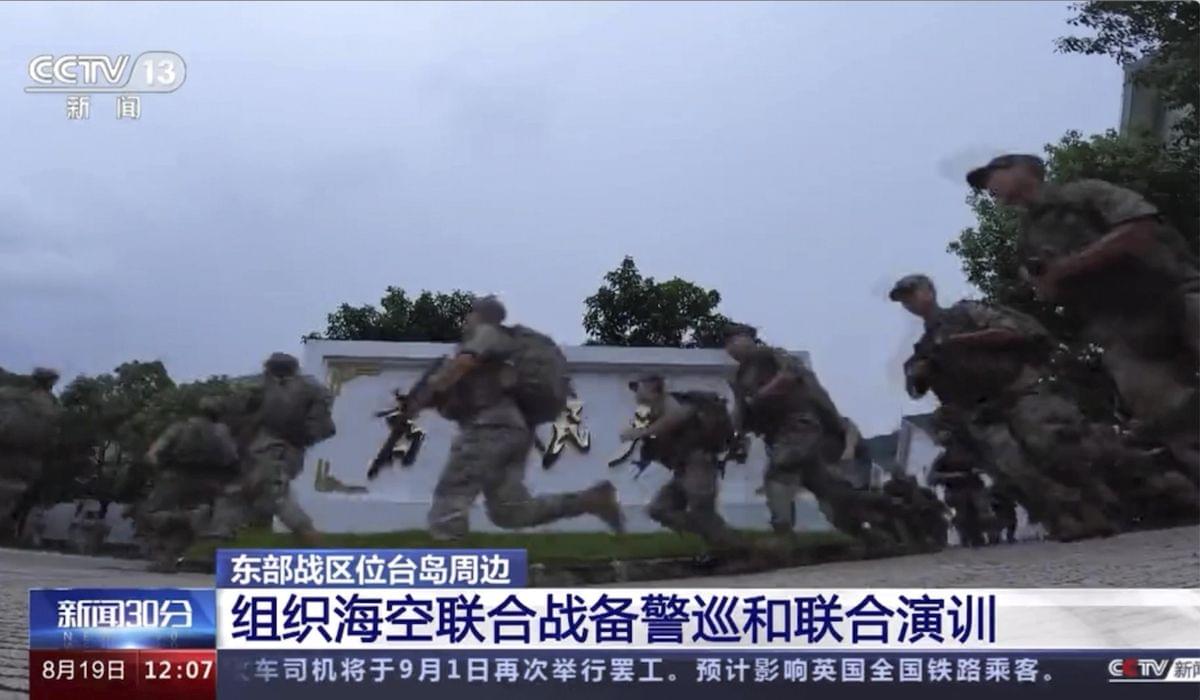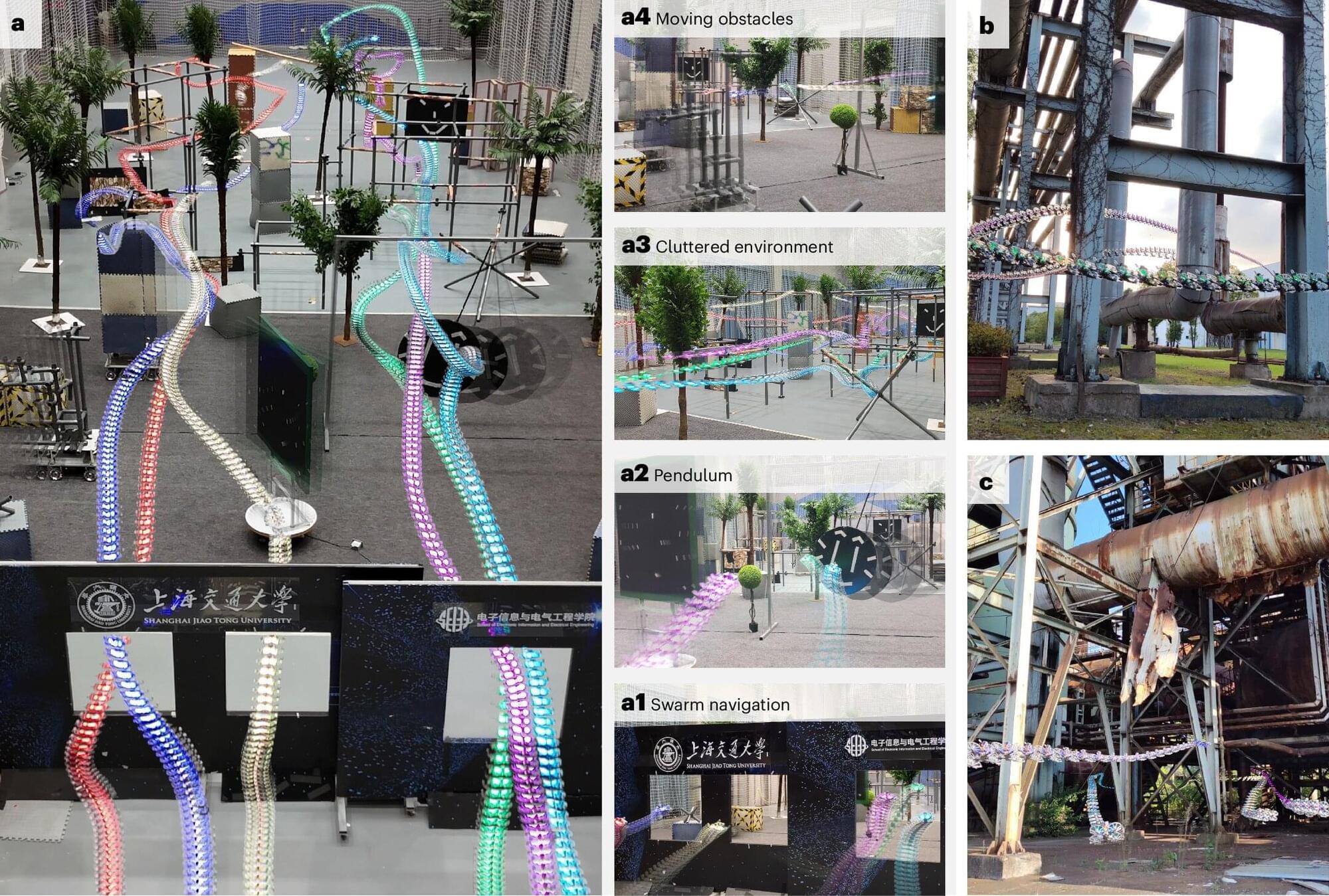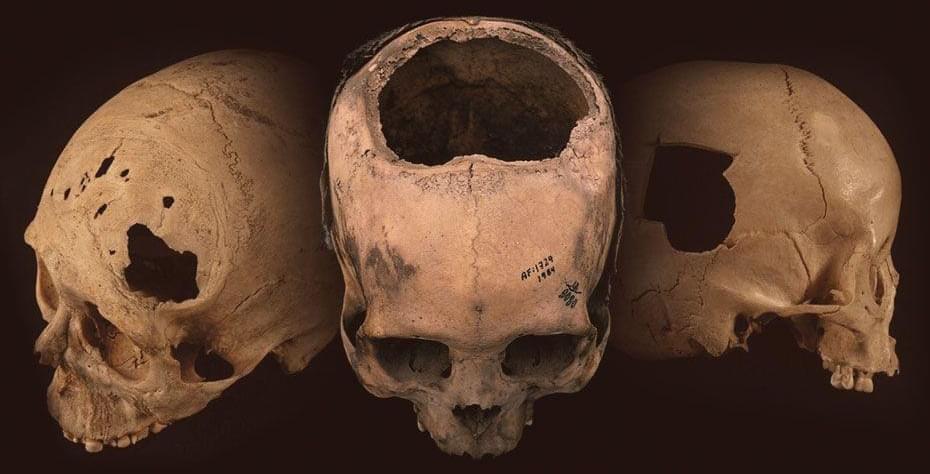Unmanned aerial vehicles (UAVs), commonly known as drones, are now widely used worldwide to tackle various real-world tasks, including filming videos for various purposes, monitoring crops or other environments from above, assessing disaster zones, and conducting military operations. Despite their widespread use, most existing drones either need to be fully or partly operated by human agents.
In addition, many drones are unable to navigate cluttered, crowded or unknown environments without colliding with nearby objects. Those that can navigate these environments typically rely on expensive or bulky components, such as advanced sensors, graphics processing units (GPUs) or wireless communication systems.
Researchers at Shanghai Jiao Tong University have recently introduced a new insect-inspired approach that could enable teams of multiple drones to autonomously navigate complex environments while moving at high speed. Their proposed approach, introduced in a paper published in Nature Machine Intelligence, relies on both a deep learning algorithm and core physics principles.








